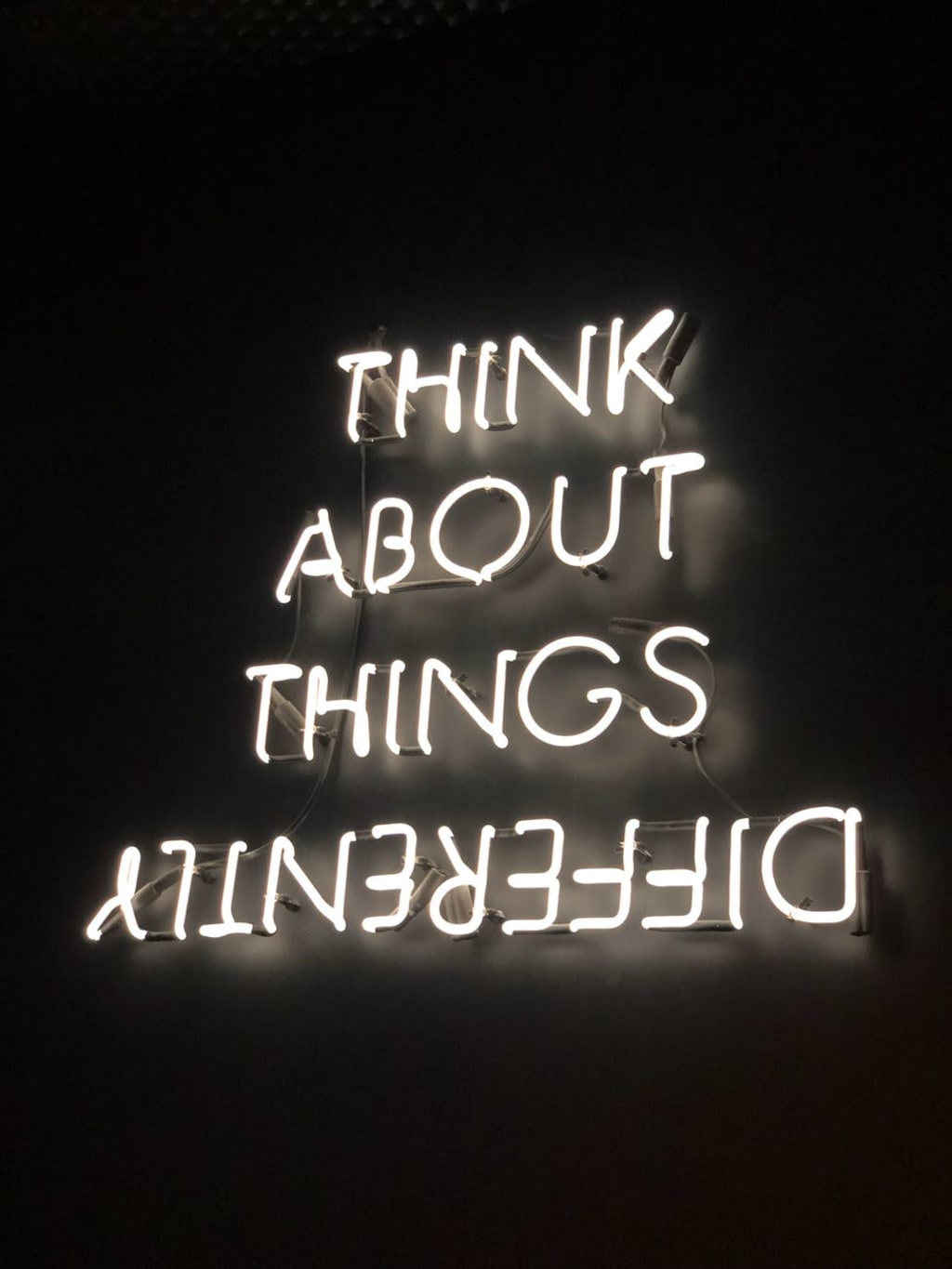Why We Need to Educate All Children about Neurodiversity and Autism
By Hayley Hunkin

Today, I was walking my son to school and we met up with a little girl from his class. She kissed her mum goodbye after crossing the last road and we walked up to the school gate together (I have a handover with a teacher for my autistic son, but other children enter the school by themselves.) My son skipped on ahead and the girl turned to me and said, “Your son is very weird sometimes.”
“Everyone is different. He is autistic which means he sometimes thinks differently to everyone else. He is kind and will always want to be good friends. “
The girl nodded and we arrived at the gate. I wonder what she meant by ‘weird’. I wonder what she made of my response. I don’t want my autistic or neurodiverse son to only be thought of as ‘weird’. I was bullied all through school and was called ‘weird’ by my peers and it hurt. It still hurts, even though I left school over 25 years ago. I was undiagnosed as a child, but I am autistic too.
This is why we need to teach all children about neurodiversity (literally meaning those whose brains work differently).
While the majority of people are neurotypical, there is still a large percentage of the population that is considered to be neurodiverse, including those with ASD (Autism Spectrum Disorder), ADHD (Attention Deficit Hyperactivity Disorder), Dyslexia, and a wide range of other ‘conditions’ or diagnosed mental health disorders. The very fact that “disorder” is used as the diagnosis term for many neurodiverse people is problematic. It says that this person is literally “out of order” (broken) or “not functioning as they should”. This is a judgement imposed on the neurodiverse person (usually by neurotypical medical personnel).
Terminology aside, what I want to see is my child not being judged for who he is and how his brain works. Instead of celebrating his amazing mathematics skills, his ability to think logically (even if most others don’t understand his logic) and his ability to focus and learn about his special interests, my child is often judged as a child who chooses not to follow the rules, who does not follow teacher’s instructions, and somehow as ‘weird’ by his peers.
Most mainstream schools will have several neurodiverse children enrolled at any one time. Most children will therefore interact with at least one neurodiverse child either in the classroom or the playground. Many will be interacting daily with several neurodiverse people, even if they don’t know it.
When these children grow up, they will become adults in the workforce and in the political arena. They will be the police, the ambulance and hospital workers, the medical personnel, the judges, the lawmakers and law-enforcers, the employers, the teachers, and those who make society work. If we don’t actively educate all children about neurodiversity, then society as a whole won’t know or change.
Now that more children are being accurately diagnosed as autistic or neurodiverse in some way, and more understanding and support is available for children with different learning needs than has previously been available in educational history, we need to include information on neurodiversity into every school curriculum.
The curriculum should explain that not everyone thinks the same way and that those who are neurodiverse may communicate or think differently, but that neurodiversity can be a wonderful gift. We should, at the least, teach our children that difference from ourselves is not a bad thing. Discrimination starts with the premise that one person is somehow better than another based on their culture, gender, race, colour of skin, religion, the way their brain works, or whatever sort of ‘difference’ you want to choose. If we don’t educate our children that difference is good, what hope do we have of creating a fair society?
Wouldn’t it be wonderful for children to explore the immense amount of art, music, writing, engineering, and amazing inventions that we use daily that were created by the neurodiverse population? It would be lovely to see children celebrating the differences and enjoying being around all sorts of people instead of merely judging those who are different as ‘weird’.
It is the differences that make people unique, that make each person special in their own way. Let’s teach our children that thinking differently doesn’t make someone ‘weird’, it makes them interesting and fun to be with. Life would be extremely boring if everyone thought the same, wore the same, and acted the same all day, every day. We are not uniformly made robots, we are diverse people with different skills, abilities, interests, cultures, languages, and even ways of thinking, and together, all people make up society.
We need to teach our children how to be kind to each other, whether the person is neurodiverse or not. We need to get rid of the word ‘weird’ (and any other terminology that implies someone is better than another person) and teach them that difference is great. What sort of society do you want for your children and your children’s children?
About the author: Hayley Hunkin is an author and a freelance writer. You can find out more about her at www.hayleyhunkin.com.au





Comments
There are no comments for this story
Be the first to respond and start the conversation.